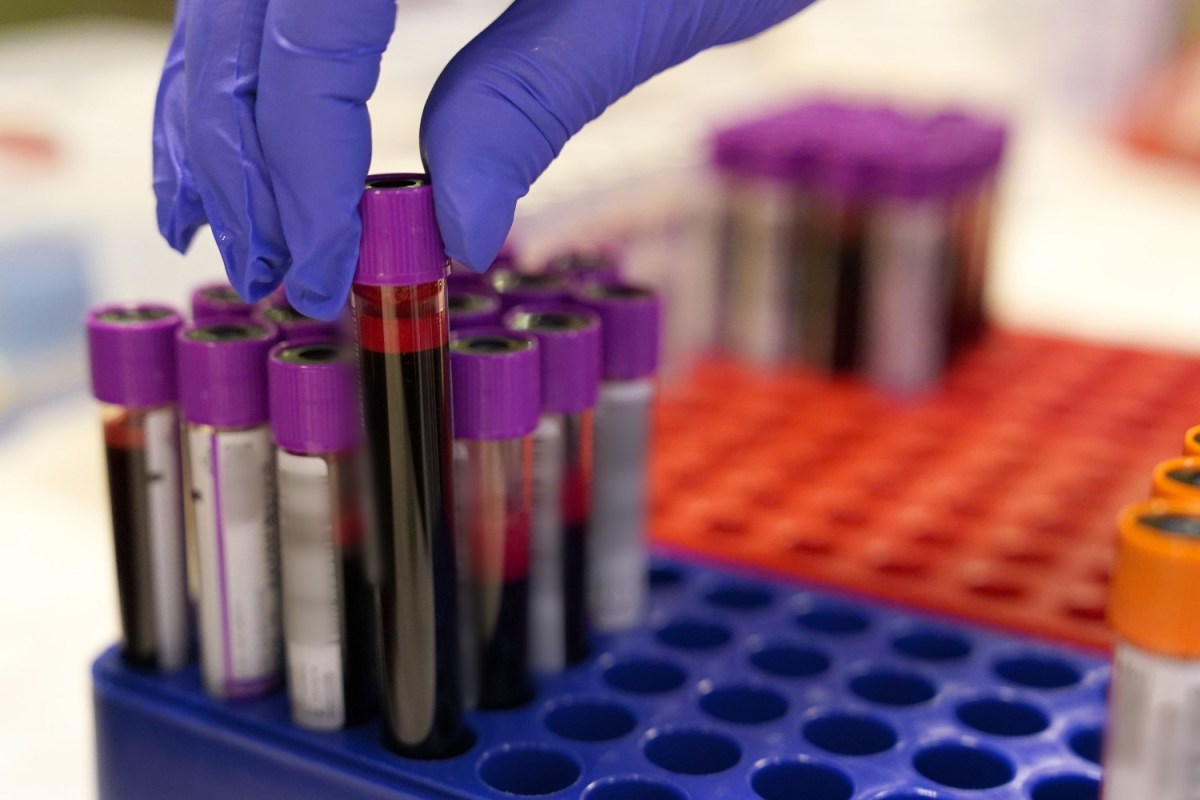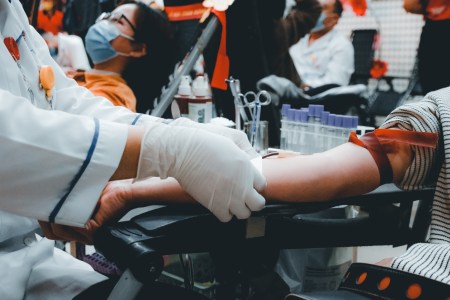For doctors and patients relying upon blood donations to successfully accomplish medical procedures, the last few years have proven to be highly challenging. Last year, the New York Blood Center announced multiple blood emergencies, while the American Red Cross declared the first nationwide blood emergency. The military encountered similar issues at around the same time, with the Department of Defense citing “critically low” levels of blood in early 2022.
Whether you’re a civilian in the middle of surgery or a soldier wounded on the front lines, having enough blood on hand can be the difference between life and death. And it’s a big enough issue to raise the question: are there any alternatives to human blood donations out there?
As it turns out, there might be within a few years. A new article in Task & Purpose details the U.S. military’s work to create artificial blood that could be used to respond to various crises.
“Bleeding is the most common cause of potentially survivable death in trauma, in both military and civilian settings. DARPA has selected a team to begin work on a Field-deployable whole blood equivalent,” the agency in question announced via Twitter. Should this prove successful, it would make blood shortages less alarming for medical personnel.
Men Who Have Sex With Men Can Now Donate Blood in England, Scotland and Wales
Guess where they still can’t?DARPA’s program is known as Fieldable Solutions for Hemorrhage with bio-Artificial Resuscitation Products — or FSHARP for short. And its program manager, Cmdr. Jean-Paul Chretien, pointed to the recent shortages of blod as one of the reasons this new initiative is so critical. “When blood donations decline — as we have seen during the COVID pandemic — that threatens availability everywhere, even in high resource settings,” Cmdr. Chretien said in a statement. “Blood availability also could be at risk in military engagements with large numbers of casualties, with a sudden and significant increase in need.”
A team located at the University of Maryland, Baltimore is set to lead the effort, with several other universities and private companies being involved. It’s not hard to see how a viable solution to the challenges of artificial blood could be a game changer for military and civilians alike.
Thanks for reading InsideHook. Sign up for our daily newsletter and be in the know.


















